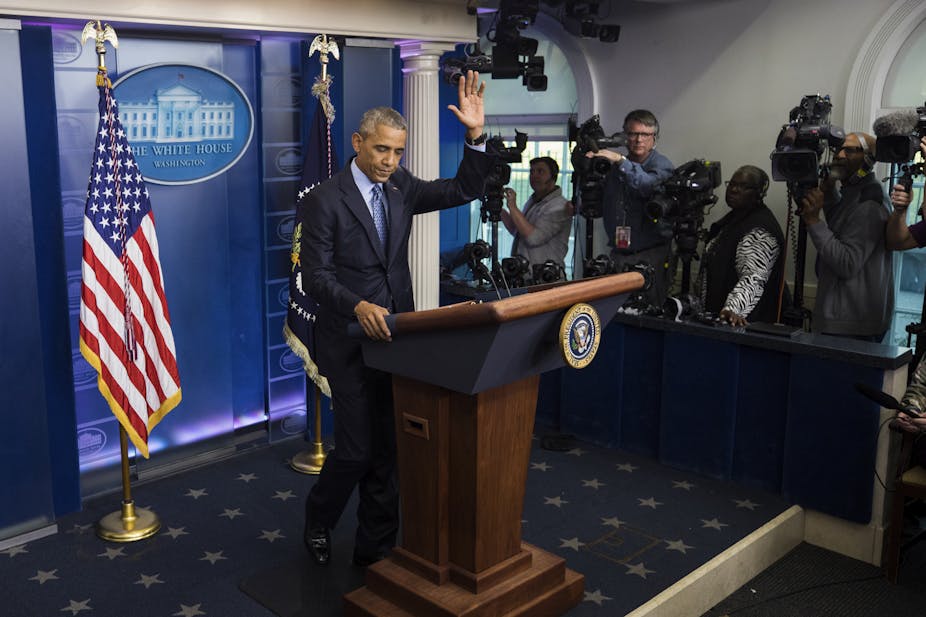As one of the final acts of his presidency, Barack Obama commuted the sentence of Chelsea Manning, who will now be released in May 2017. Manning was sentenced to 35 years’ imprisonment in 2013 for leaking more than 700,000 classified documents that were considered prejudicial to the US national interest, many of which formed the bulk of Wikileaks’s first major document dump in 2010.
The length of her sentence was considered by many to be considerably in excess of others who have been convicted of similar offences. The conditions of her imprisonment, which have included lengthy periods of solitary confinement, have also raised concerns. Manning has attempted suicide at least twice during her incarceration. The UN Special Rapporteur on torture, Juán Mendez, described her treatment as being cruel, inhuman and degrading. Amnesty International had this to say about her treatment in prison:
President Obama was right to commute her sentence, but it is long overdue. It is unconscionable that she languished in prison for years while those allegedly implicated by the information she revealed still haven’t been brought to justice.
Many Republicans in the US, though, have been deeply critical of the decision to commute the sentence. John McCain, for example, described the decision as a “grave mistake”. But the law is clear: a president has the right to commute a sentence. Article 2(II) of the US Constitution provides that:
The President shall be Commander in Chief of the Army and Navy of the United States, and of the Militia of the several States, when called into the actual Service of the United States; he may require the Opinion, in writing, of the principal Officer in each of the executive Departments, upon any Subject relating to the Duties of their respective Offices, and he shall have Power to grant Reprieves and Pardons for Offenses against the United States, except in Cases of Impeachment.
This is not in itself unusual. Most states around the world grant an executive power to mitigate the effects of the strictures of criminal law; in the UK, for instance, it is referred to as the Queen’s royal prerogative of mercy. But it’s crucial to note that Obama did not pardon Manning, but instead commuted her sentence to roughly the same amount of time she has already served. She has also been demoted and dishonourably discharged from the army. As such, rightly or wrongly, her convictions remain on record.

This commutation was highly politically sensitive, and in no small part because other cases could yet be brought against other hackers, leakers and whistleblowers, among them Edward Snowden. Hence a careful statement from the White House pointing out the “stark difference” between Manning and Snowden. Whereas Manning was tried by due process in the US military criminal justice system, Edward Snowden “fled into the arms of an adversary” and has yet to face justice for his actions.
Clearly, the Obama administration wanted to be careful it didn’t set a precedent with its decision about Manning’s future. The question of whistleblowing will always be a contentious one, and by nature will often hinge on very particular cases involving individual whistleblowers.
Although the executive power to alter the result of a case in favour of the accused may be a very good one, it does not alter the question of whether there ought to be a formal legal change to protect people like Manning before they end up incarcerated in the first place.
A political negotiation it may be, but Obama’s decision might have at least one collateral benefit: it may yet reopen a crucial debate on whether whistleblowers such as Manning can cite public interest as a defence for making sensitive information public.

